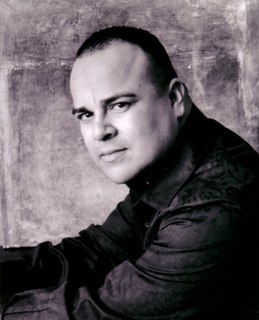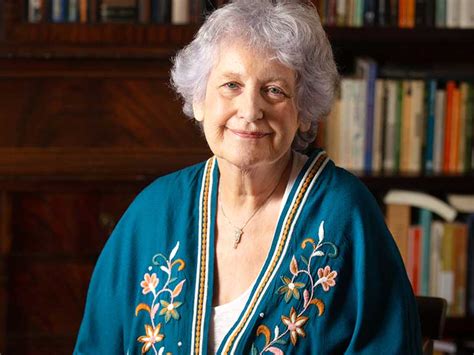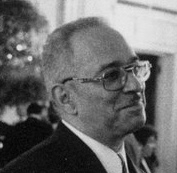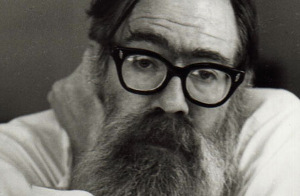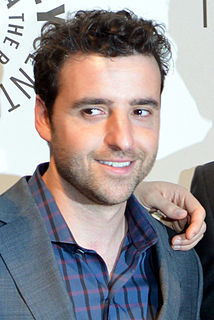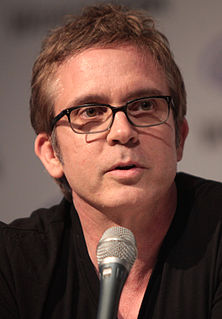A Quote by Rigoberto Gonzalez
One of the things I'm constantly telling my students is that they're never going to write a poem everyone gets, or if they do, they've failed. They should leave someone behind every time.
Related Quotes
It gets to be a problem when I decide one position should be the law for everybody. In public life, we [people] have to find a way to live together even though we disagree - and some things we will never agree on. But we've got to leave this I'm-going-to-kill-you-because-you-don't-believe-what-I-believe attitude behind.
In all my life I'd never been approached this way, the car pulling up, the Where you going? It was something I wish had happened hundreds of times. I was a looker - someone who looked over at every car at every traffic light, hoping something would happen, and almost never finding anyone looking back - always everyone looking forwards, and every time I felt stupid. Why should people look at you? Why should they care?
I have a process that I seem to always, to some degree, as a writer, adhere to, but I certainly have never imposed the way I write a novel on my students. When I had students, I never said, "You should never start writing a novel until you have the last sentence." I never did that, and I wouldn't do it now, but people now seem so interested in the process [of writing fiction] that I have to constantly make it clear when I describe mine that I'm not being prescriptive. I'm not proselytizing.
After the writers' strike, I came back with my tail between my legs and apologized to everyone. I had been telling them I was going to leave, and I said, "I'm never going to leave," and that I'd stay with them as long as I can. And I really enjoyed the last two and a half seasons of Numbers more than before.
It's difficult to put your own bare ass out on the limb every time you sit down to write a poem. But that's really sort of the ideal. Because if we don't discover something about ourselves and our world in the making of a poem, chances are it's not going to be a very good poem. So what I'm saying is that a lot of our best poets could be better poets if they wrote less and risked more in what they do.
I never think of my audience when I write a poem. I try to write out of whatever is haunting me; in order for a poem to feel authentic, I have to feel I'm treading on very dangerous ground, which can mean that the resulting revelations may prove hurtful to other people. The time for thinking about that kind of guilt or any collective sense of responsibility, however, occurs much later in the creative process, after the poem is finished.
Someone once told me that time was a predator that stalked us all our lives. But I rather believe than time is a companion who goes with us on the journey, and reminds us to cherish every moment because they'll never come again. What we leave behind is not as important how we lived. After all, Number One, we're only mortal.
